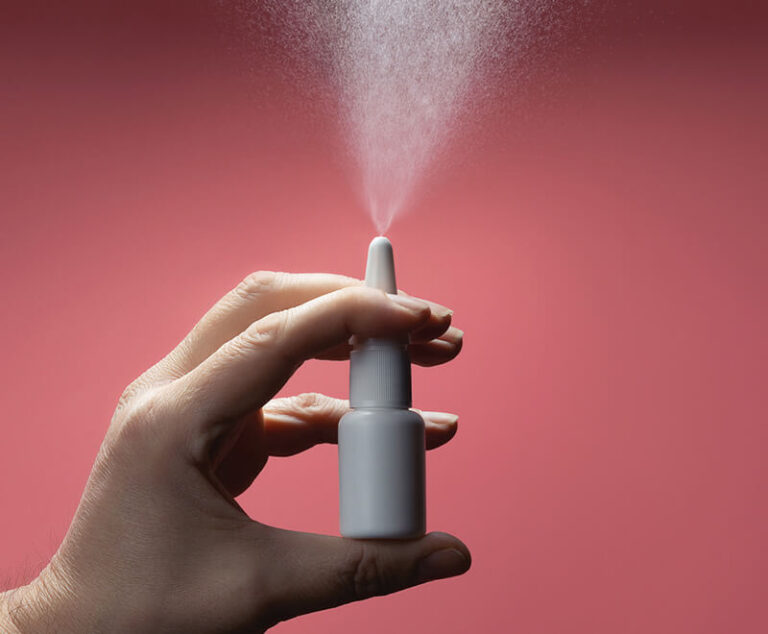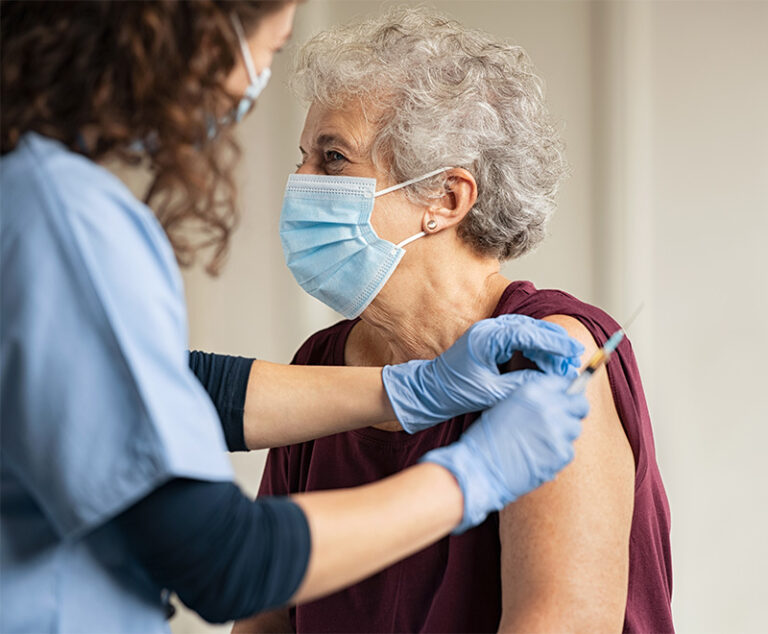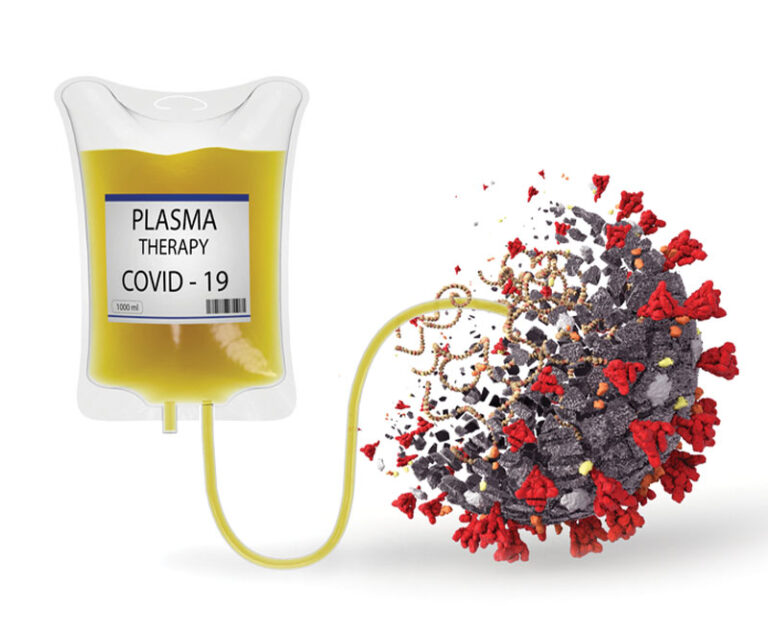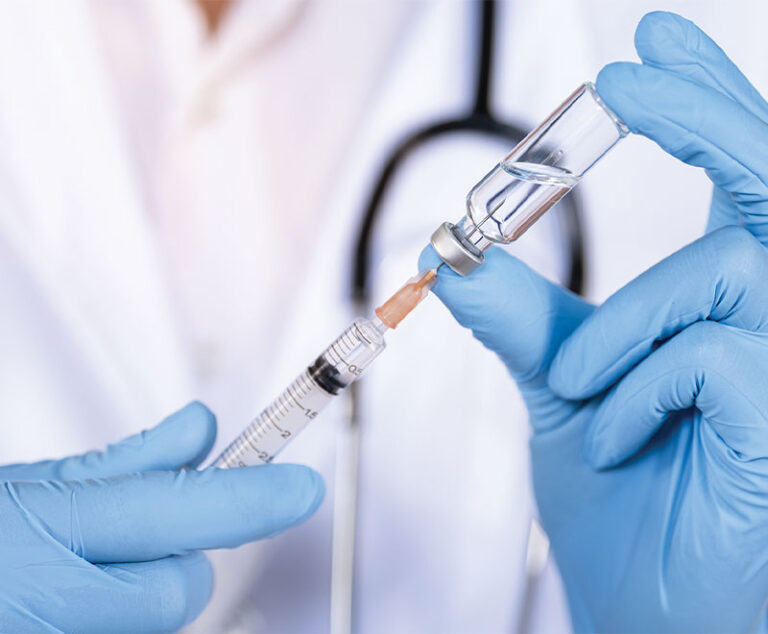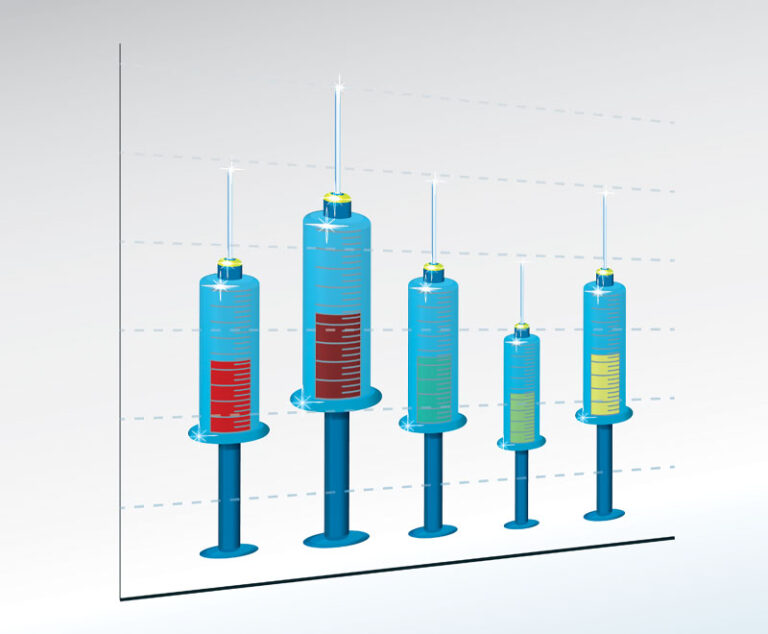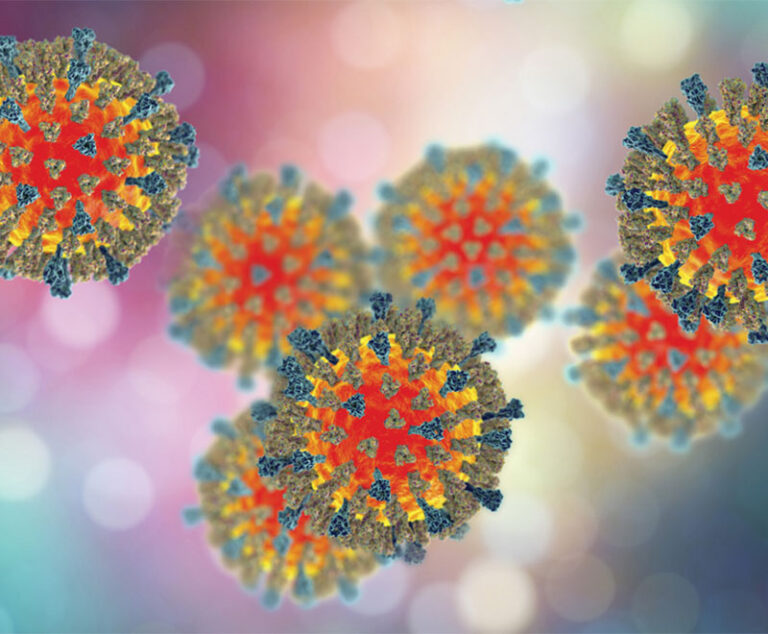Industry News
Research, Science & Manufacturer Updates
Vaccines Articles
NIAID has launched a Phase I clinical trial evaluating three experimental HIV vaccines based on a mRNA platform — a technology used in several approved COVID-19 vaccines.
Researchers in a study funded by the National Institute of Allergy and Infectious Diseases and the National Institutes of Health have developed an influenza (flu) vaccine administered through the nose that has been constructed with nanoparticles and offers stronger protection.
Researchers at the Texas Children’s Hospital Center for Vaccine Development at Baylor College of Medicine are developing a COVID-19 vaccine using a conventional method that will make the production and distribution cheaper and more accessible.
Researchers at the University of Toledo have developed an experimental vaccine to prevent rheumatoid arthritis, one of the most common autoimmune disorders
The Centers for Medicare & Medicaid Services (CMS) is making it easier to check COVID-19 vaccination rates for nursing home staff and residents by making vaccination data available in a user-friendly format.
The U.S. Department of Health and Human Services’ Office for Civil Rights (OCR) issued guidance to help the public understand when the Health Insurance Portability and Accountability Act of 1996 (HIPAA) Privacy Rule applies to disclosures and requests for information about whether a person has received a COVID-19 vaccine.
BioRender, an online tool for creating scientific figures, has created a robust, interactive COVID VacTracker that is maintained regularly and updated daily.
The CoVIg-19 Plasma Alliance now includes 11 plasma companies, and now also includes global organizations from outside the plasma industry.
Because research has shown the Bacillus Calmette-Guérin (BCG) tuberculosis vaccine boosts production of immune cells, it is currently being trialed in people as potential protection against COVID-19.
Two studies show the influenza (flu) and pneumonia vaccines lessen the risk of developing Alzheimer’s disease (AD) in the future.
A recent experiment found offering healthcare providers financial incentives and creating competition by informing clinics how their performance ranked relative to others were effective in increasing influenza (flu) vaccine rates among patients.
Two studies were conducted to determine whether measles infection causes long-term damage to immune memory.

